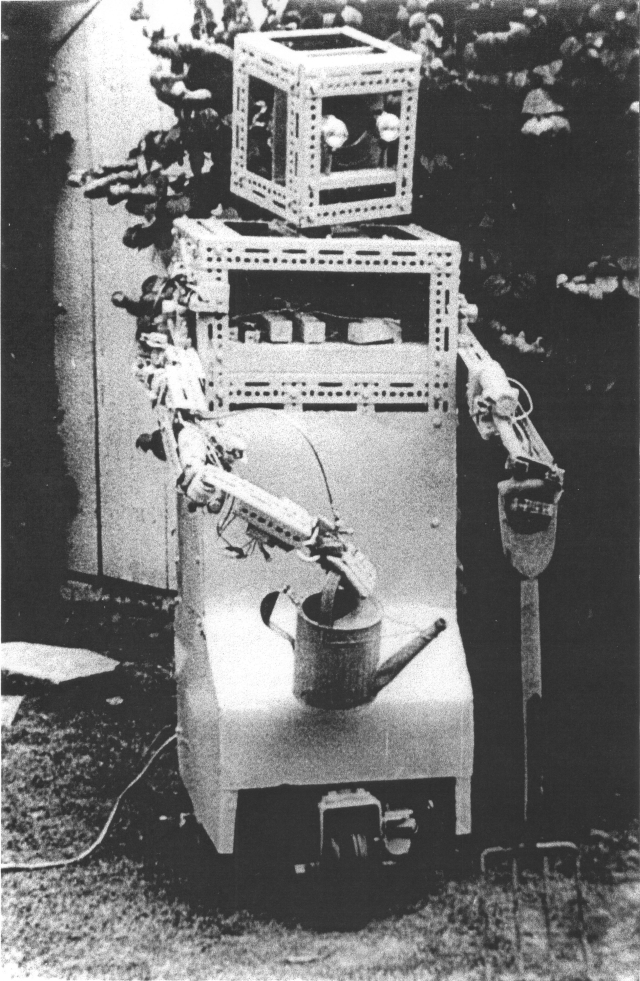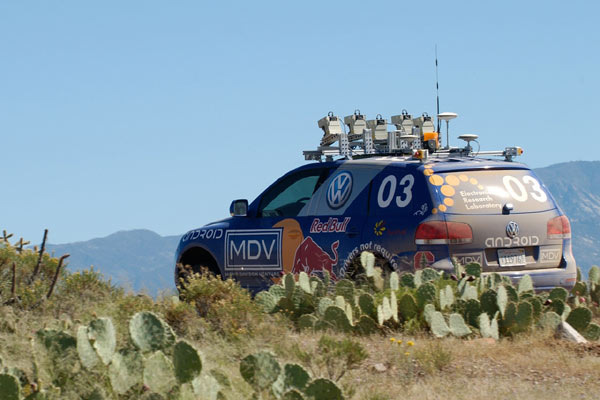In conversation with Foreign Affairs’ Gideon Rose, Helen Grenier, founder of iRobot and CyPhy Works, addresses, among other things, the twin threats of technological unemployment and terrorism. An excerpt:
“Question:
Old science fiction used to be filled with flying cars, jetpacks, and things like that. Will those eventually take advantage of the space you’re talking about, or will it be just drones?
Helen Greiner:
I believe that the technologies will come. We already have a lot of technologies in ground robots to sense and avoid things. I want to bring some of those technologies to the flying robot space. I think we can disambiguate the airspace; I see no reason why drones can’t share the airspace with man.
Question:
How will people be safe in a world in which drone technology has proliferated and drones become incredibly easy to purchase and operate?
Helen Greiner:
A terrorist could buy a drone today and start planning an attack with it, and I think the only way we’re actually going to catch that is with human intelligence. Terrorists aren’t going to get drones from a company building them for commercial reasons; they’re going to go to the hobby store and buy the ones that are already freely available, if they want to pack them with explosives. I think it’s a challenge. But you can do the same with a car, and you don’t say, ‘Well, we shouldn’t sell cars because you can use them in a suicide attack.’ All we have to do is figure out who’s going to be doing it and try to stop it.
Question:
You like the idea of a world full of robots, and a lot of people would agree if they helped them do things. But does that world full of robots have as many jobs for ordinary humans?
Helen Greiner:
Robots have been in place in factories for decades now, and jobs have changed, but there’re still people in factories. Maybe there are fewer, but we’re able to produce more. If robots happen to make things more efficient, you want to be the place that has them. You can’t stop technology; the world’s going to continue to move forward. I would love to see [technological productivity] change the social contract and how people think of a full workweek—as four days of work or, later on, even three days—because there could be more quality time that people spend with their families.
Question:
Did the Roomba’s making people comfortable with the idea of robots in their homes have a cultural significance beyond the economics?
Helen Greiner:
I believe it did.”


